Are you ready to unlock the world of innovative textiles? Mesh fabric is not just a material; it's a game-changer in fashion, sports, and interior design! This unique fabric features an interconnected network of fibers, blending functionality with style.
Whether you want comfort in activewear or a chic touch in home decor, mesh fabric is a versatile option. Let’s explore its fascinating characteristics and discover how it can elevate your projects.
Key Takeaways
- Mesh fabric is a lightweight textile with an open weave structure. It features thousands of tiny holes.
- It's primarily made from synthetic materials but also available in natural fibers.
- Mesh fabric is famous for its breathability, moisture-wicking properties, and durability.
- Typical applications include activewear, fashion, industrial uses, and medical applications.
What is Mesh Fabric?
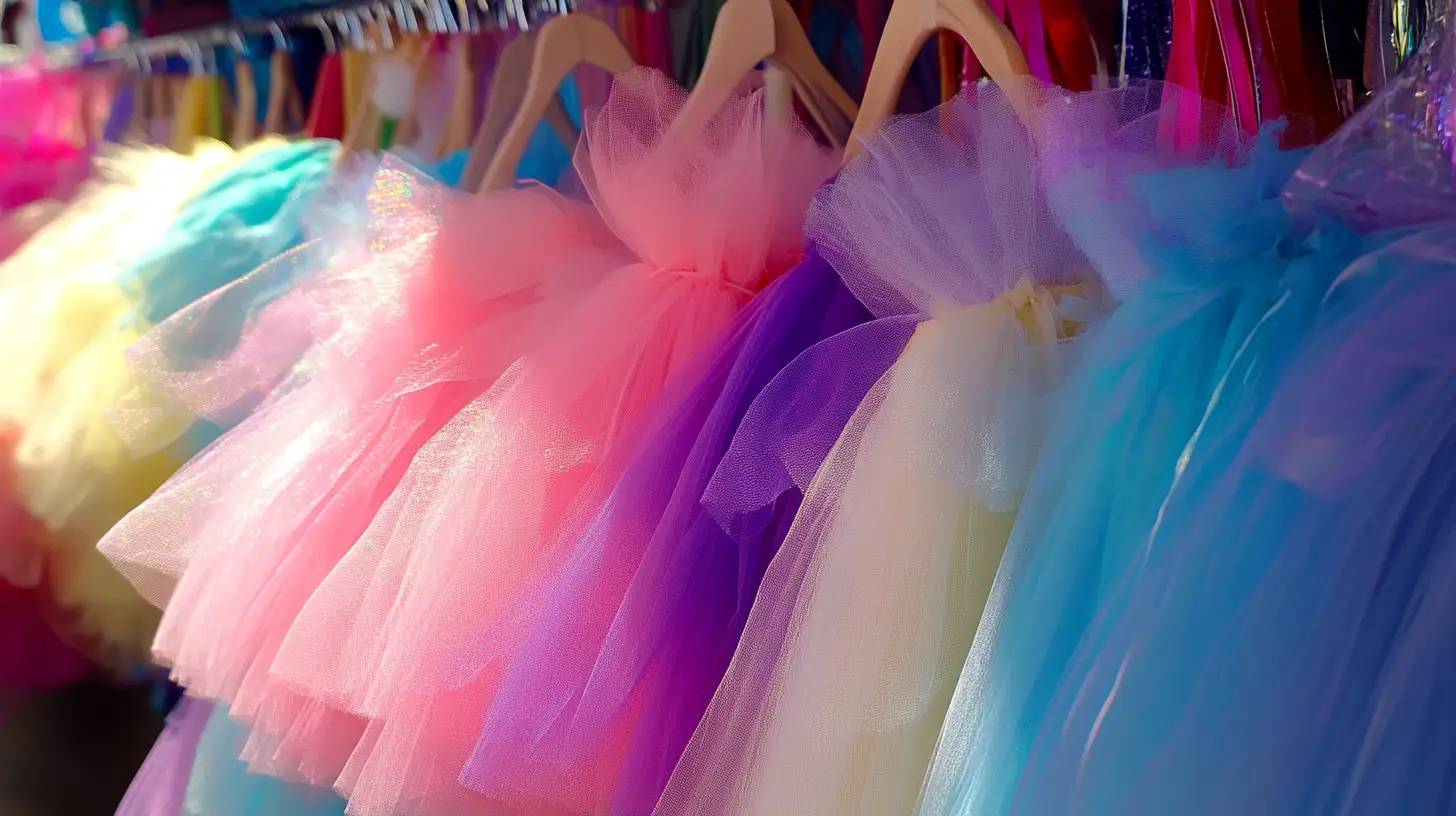
Mesh fabric is a lightweight material with an open weave structure. It provides excellent breathability and ventilation.
Definition of Mesh Fabric
Mesh fabric is a versatile, lightweight textile. It features an open weave structure and thousands of tiny holes. These holes promote breathability and airflow.
You'll find it in everything from activewear and fashion to medical uses. It offers both comfort and functionality.
Key Characteristics
The key characteristics of mesh fabric make it indispensable in various industries.
Mesh fabric enhances breathability and boasts moisture-wicking properties, durability, and elasticity.
These mesh characteristics make it ideal for sportswear, home decor, and more.
Different Types of Mesh Fabric
When exploring types of mesh fabric, you'll encounter both synthetic and natural options.
Synthetic Mesh
Synthetic mesh fabrics offer a range of options tailored to meet specific needs. They include knitted mesh, woven mesh, and non-woven mesh.
You'll find nylon mesh for its strength and abrasion resistance. It's perfect for industrial applications.
Meanwhile, polyester mesh is durable and moisture-wicking, ideal for sportswear.
These synthetic mesh fabric types cater to diverse applications, providing functionality and versatility.
Natural Mesh
Natural mesh fabrics offer a unique blend of breathability and comfort to the table. It's perfect for a variety of uses.
- Cotton mesh is soft and ideal for casual wear.
- Hemp mesh offers durability and eco-friendliness.
- Silk mesh provides luxury and delicacy, great for high-end garments.
- Linen mesh excels in moisture-wicking for warm weather.
Each natural mesh type offers distinct benefits.
Synthetic Mesh Vs. Natural Mesh
Over the years, the debate between synthetic and natural mesh fabrics has evolved. This sheds light on their distinct characteristics and applications.
Synthetic mesh excels in durability and moisture-wicking. It's perfect for activewear and outdoor gear.
On the other hand, natural mesh offers breathability and softness. This makes it ideal for casual clothing.
Each has unique benefits for different applications.
Manufacturing Process of Mesh Fabric
Mesh is a type of fabric with open spaces between the yarns. Its manufacturing process relies heavily on looms that meticulously weave an open pattern. This forms thousands of tiny holes essential for breathability.
Synthetic fibers like polyester and nylon are interlaced to produce this open-weave pattern.
Variations in this process allow different weights and thicknesses. This tailors mesh fabric for specific applications needing breathability and durability.
Applications of Mesh Fabric
You'll find mesh fabric used in a wide range of applications, from fashion to household uses.
Fashion and Apparel
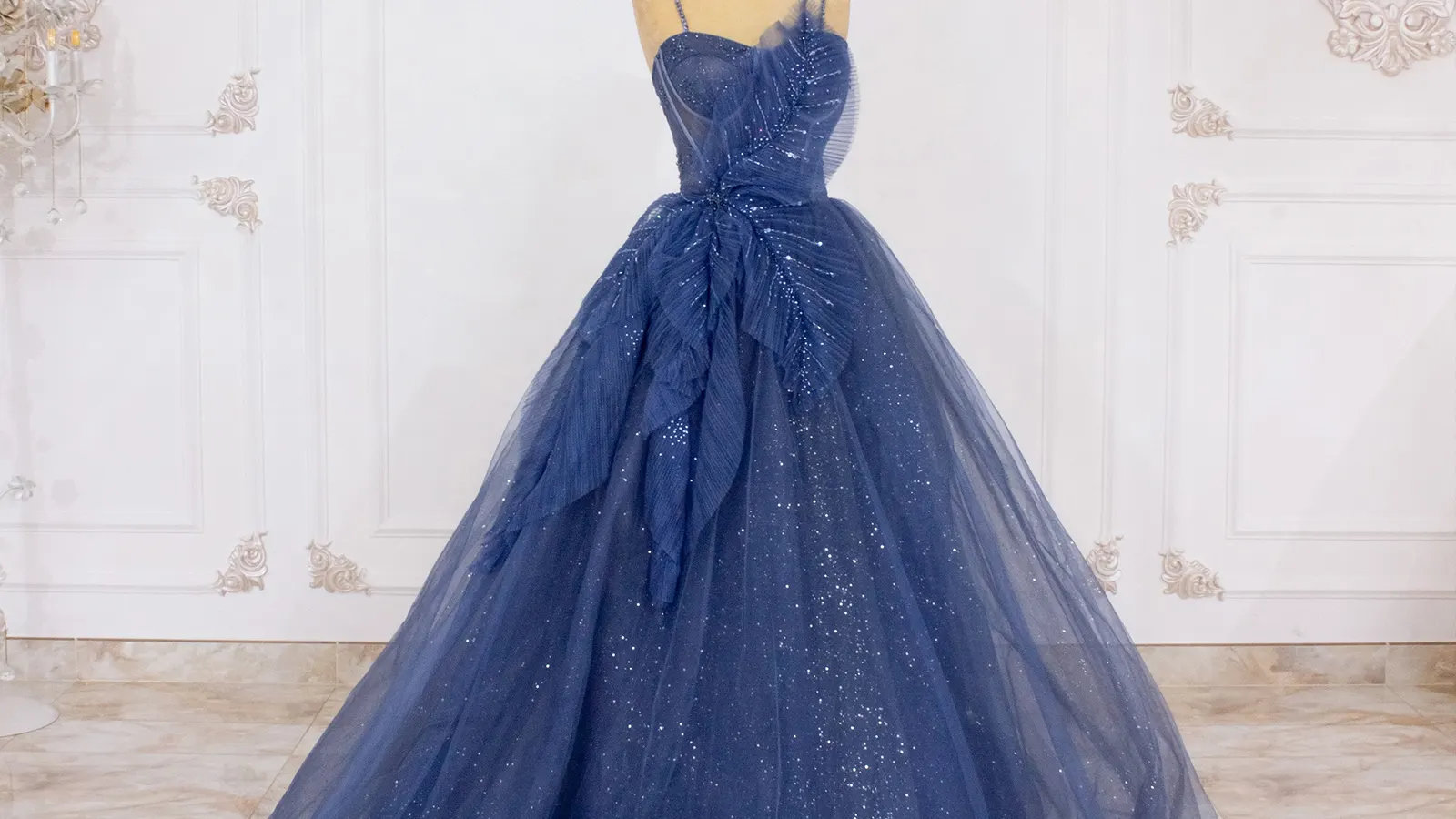
Mesh fabric's lightweight and breathable properties make it indispensable in fashion. It's especially perfect for summer clothing, activewear, and casual apparel.
Designers love its versatility. They incorporate mesh panels in tops, dresses, and skirts for a trendy look.
In sportswear, mesh fabric excels due to its elastic, moisture-wicking, and quick-drying abilities. It keeps you comfortable during workouts and physical activities.
Industrial Uses
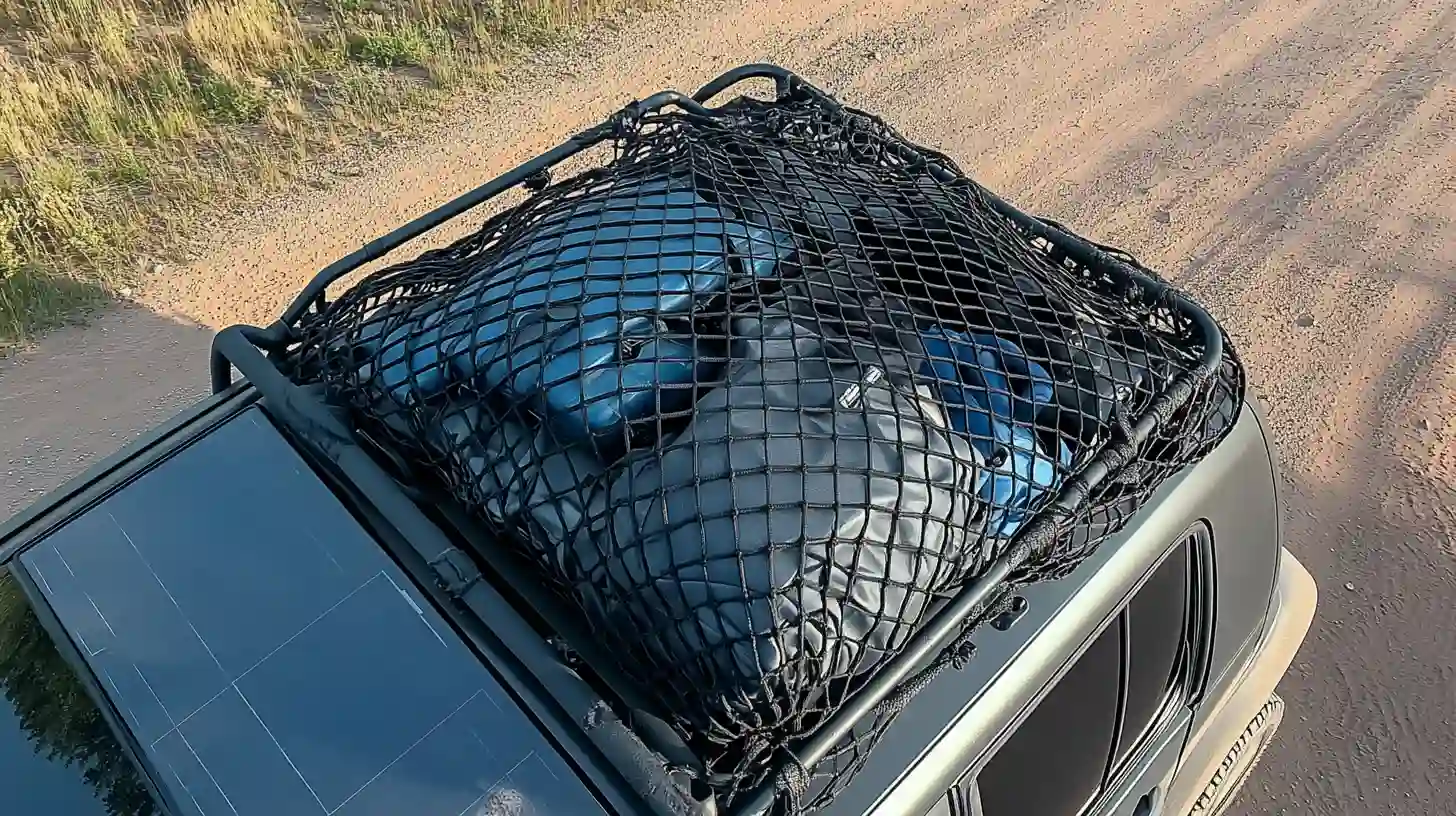
In many industrial settings, mesh material proves indispensable. This is due to its unique combination of strength, breathability, and versatility.
You'll find mesh fabric used in cargo nets for secure load transport.
Nylon mesh fabrics excel in outdoor gear like tents and storage bags. This is thanks to their abrasion resistance
Polyester mesh fabrics are ideal for industrial vests and bags. They offer durability and moisture-wicking capabilities.
Household Uses
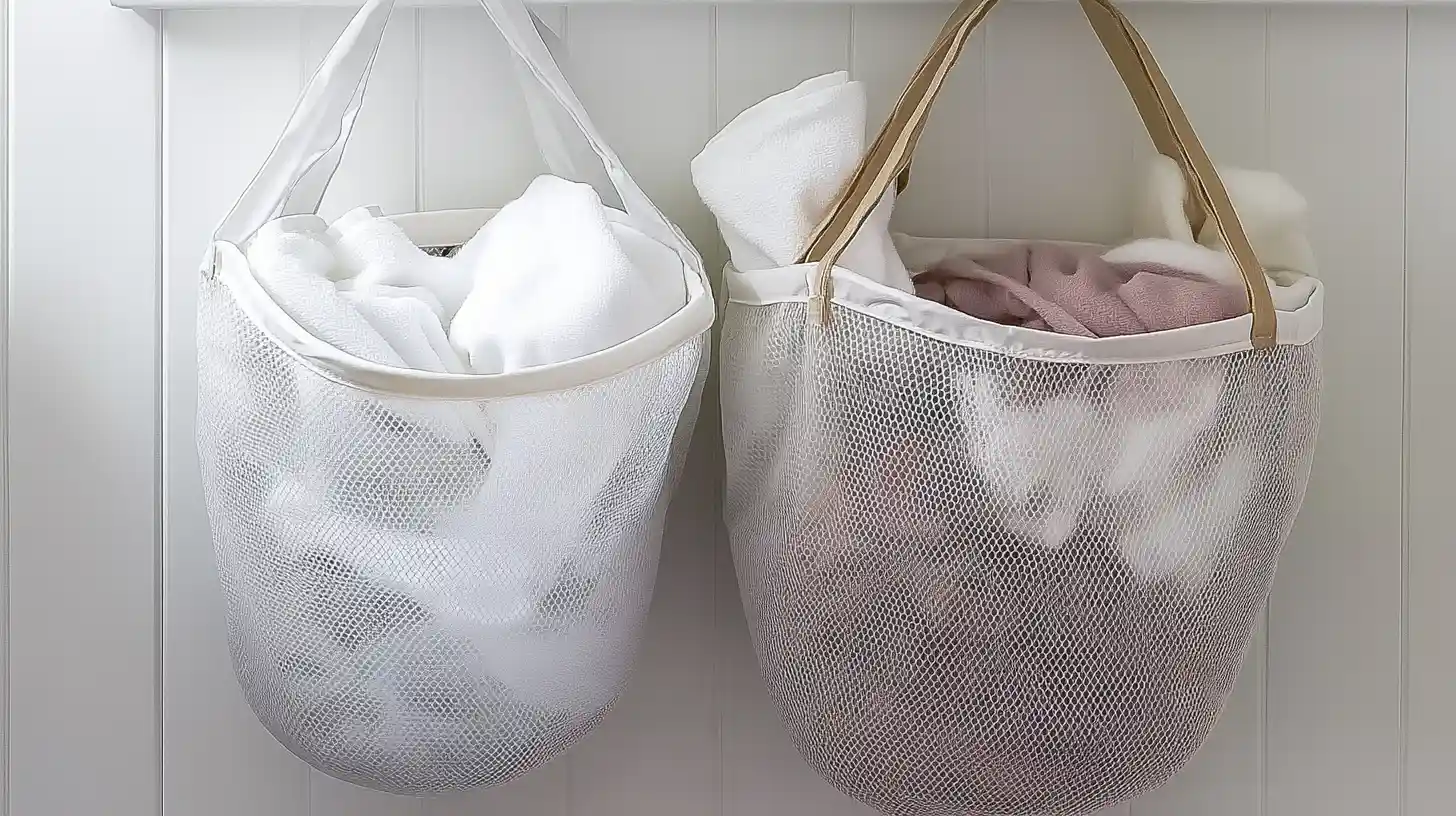
When it comes to household uses, mesh fabric offers a blend of practicality and style.
You'll find it in household items like laundry hampers. The breathability keeps clothes fresh.
Decorative mesh enhances your space by adding texture to pillows.
For privacy, mesh curtains and window screens let light in while maintaining seclusion.
It's also perfect for mosquito nets and outdoor furniture.
Medical Uses
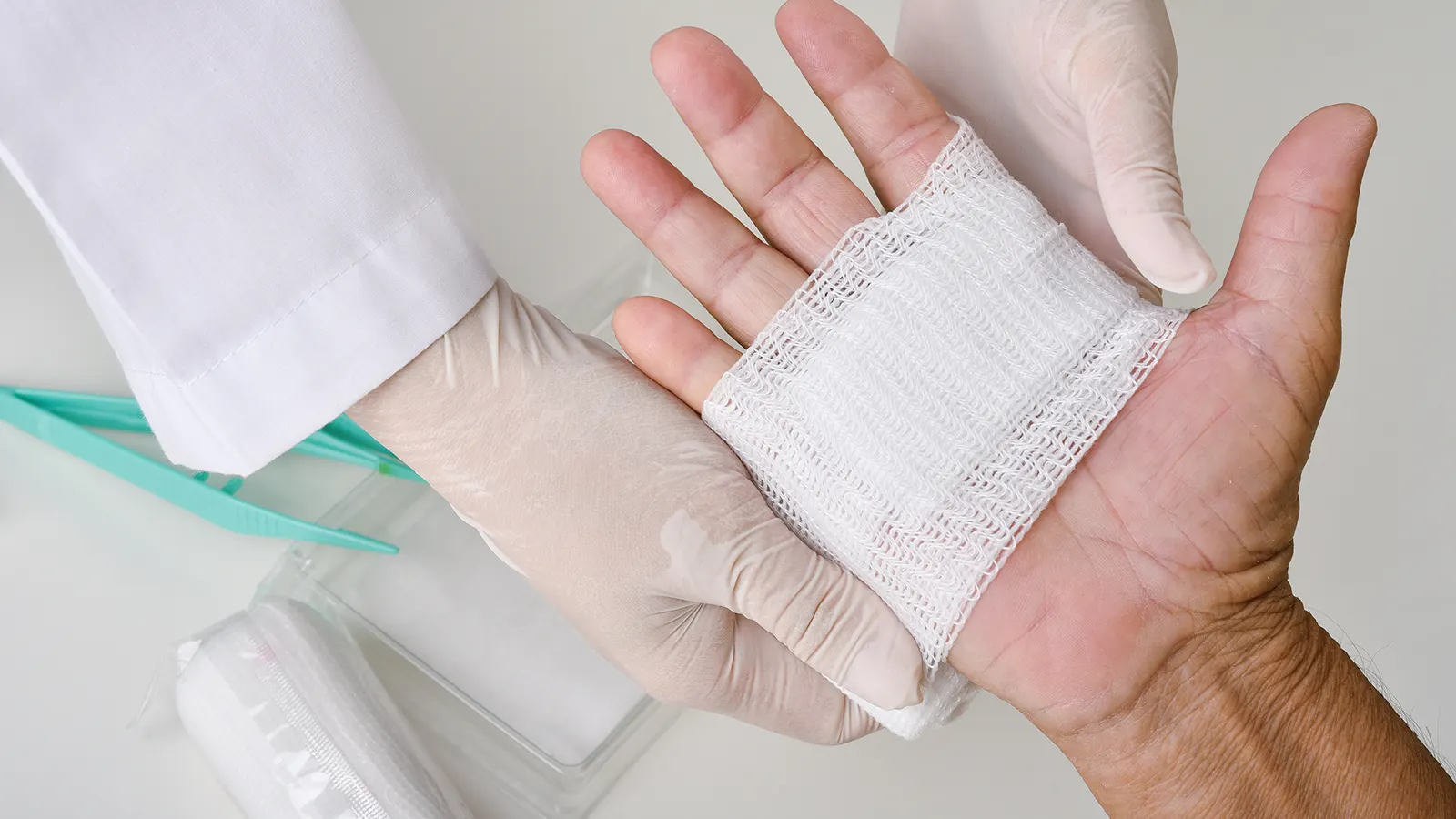
Mesh fabric's significance extends deeply into the medical field. Surgical mesh is used in hernia and pelvic organ prolapse surgeries. These biocompatible, synthetic materials minimize adverse reactions and promote tissue integration.
Mesh used in medical care helps patients recover better by providing essential support. Strict regulatory standards guarantee its safety and efficacy.
Advantages and Disadvantages of Mesh Fabric
When considering mesh fabric, you'll find it offers significant advantages and unavoidable drawbacks.
Advantages
Given its unique open weave structure, mesh fabric stands out for its exceptional breathability and airflow.
This lightweight material enhances comfort and ease of movement. Its durability ensures longevity, while its versatility allows for diverse applications.
Mesh fabric is also easy to maintain, often machine washable and resistant to fading.
Disadvantages
Mesh fabric's open weave structure does have its downsides. Its lightweight nature often compromises durability, leading to tears in high-stress situations. Additionally, it doesn't offer much warmth, making it unsuitable for cold climates.
Synthetic variants can also contribute to microplastic pollution, raising environmental concerns.
Care and Maintenance for Mesh Fabric
To keep mesh fabric items in top condition, follow specific cleaning and storage tips.
Cleaning Instructions
Wash mesh fabric at temperatures no higher than 30 degrees Celsius to maintain its integrity.
Reduce washing frequency to extend its lifespan. Use gentle washing methods to avoid snagging and preserve elasticity.
Always air dry to maintain shape. If ironing is necessary, use a low temperature setting to prevent damage.
Storage Tips
For optimal longevity, store your mesh fabric in a cool, dry place. This will prevent moisture buildup and potential mildew growth.
Ensure the fabric is clean and dry before storage.
Avoid folding; instead, hang or loosely roll it to maintain its structure.
Use breathable storage bags to protect against dust while allowing air circulation.
These storage tips will help preserve your mesh fabric's quality.
Common Cost of Mesh Fabric
Mesh fabric prices can vary widely depending on the type and application.
For instance, nylon mesh can cost around $7.50 per yard for lightweight uses.
Polyester mesh is currently on sale for $9.50. It's a cost-effective choice for various applications.
Specialty mesh fabrics with higher durability can reach up to $25.95 per yard.
Environment Impact of Mesh Fabric
Many may not realize that the production of mesh fabric has environmental implications.
Synthetic fibers like polyester and nylon contribute to microplastic pollution.
But, choosing sustainable materials can reduce the environmental impact.
Conclusion
Mesh fabric is a versatile and practical material that you'll find in everything. Its breathability, durability, and moisture-wicking properties make it a favorite for many applications.
While it has its downsides, its benefits often outweigh the drawbacks. By understanding mesh fabric, you can make the most of this innovative textile in your daily life.
Learn more fabric knowledge on the Longan Craft Blog, and dive into the fabric world with Longancraft!
FAQs
What Kind of Fabric Is Mesh?
Mesh is a breathable fabric with an open weave structure. It's often made from synthetic fibers like nylon or polyester. Mesh is often found in sportswear, outdoor gear, and more.
Is Mesh Fabric Good Quality?
Yes, mesh fabric is good quality. You'll appreciate its durability, breathability, and ease of maintenance. It's ideal for various applications, from activewear to outdoor gear.
Is Mesh Fabric Good for Summer?
Mesh fabric is perfect for summer. Its breathability keeps you cool, and its lightweight nature ensures comfort. Plus, the moisture-wicking properties help sweat evaporate quickly. It's ideal for summer outings and activities.
What Are the Advantages of Mesh Fabric?
You'll love mesh fabric for its breathability, lightweight comfort, and durability. It keeps you cool and dry, especially in warm climates. It's also easy to maintain, making it perfect for activewear and outdoor gear.


0 comments